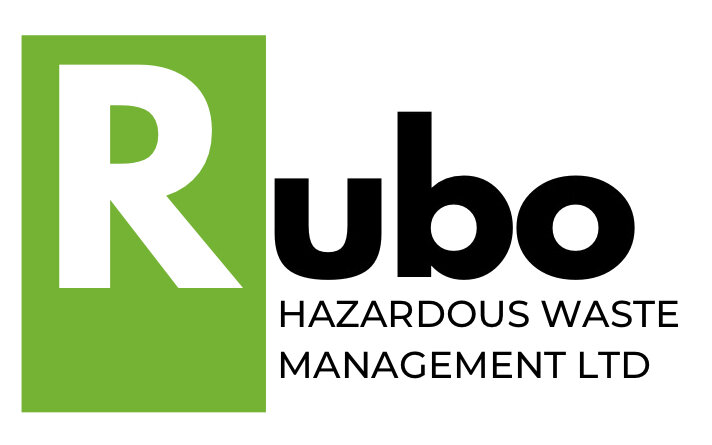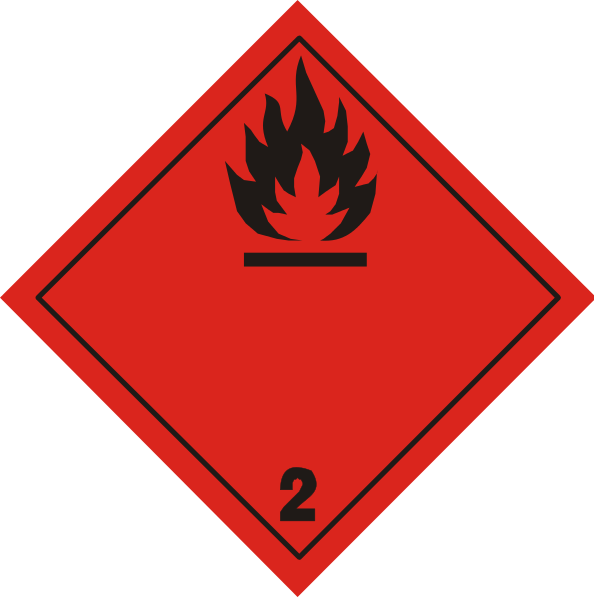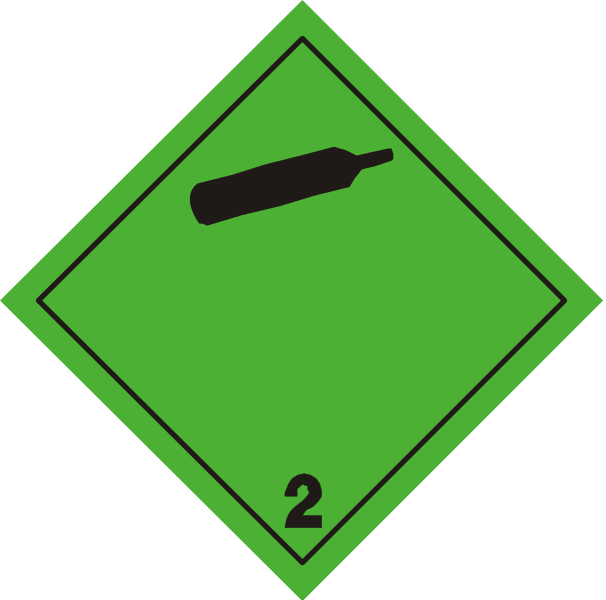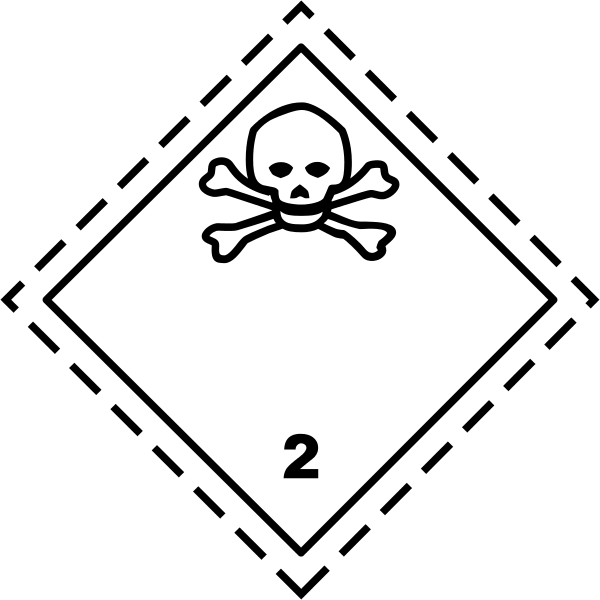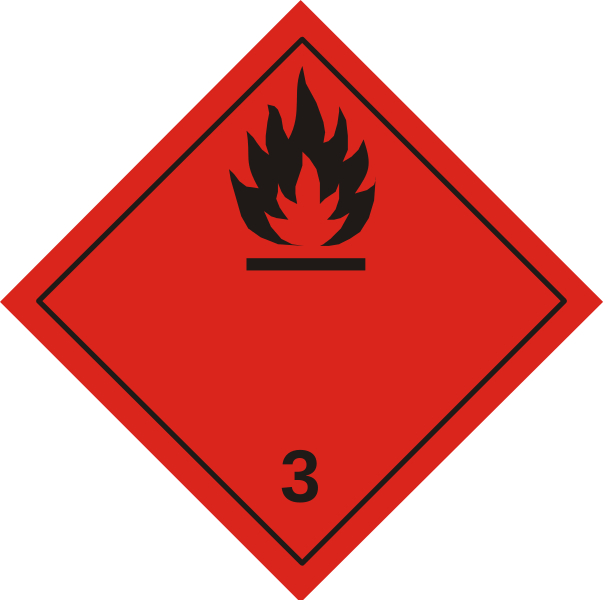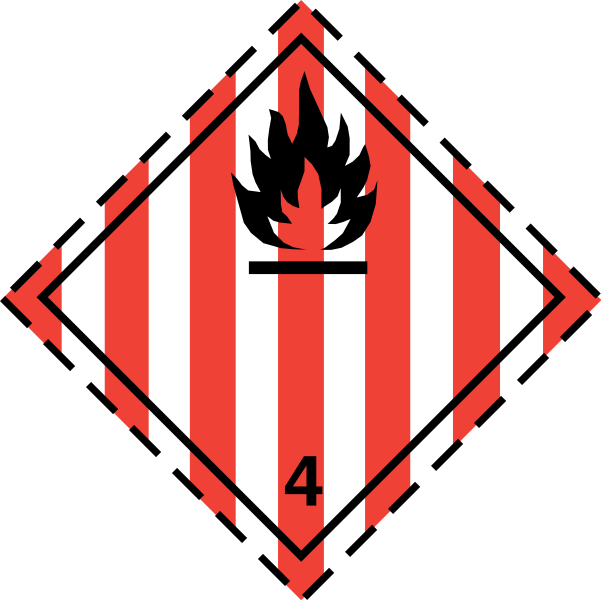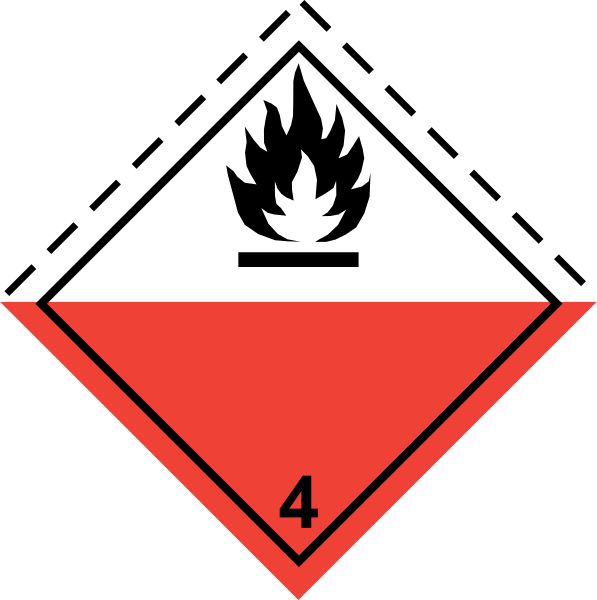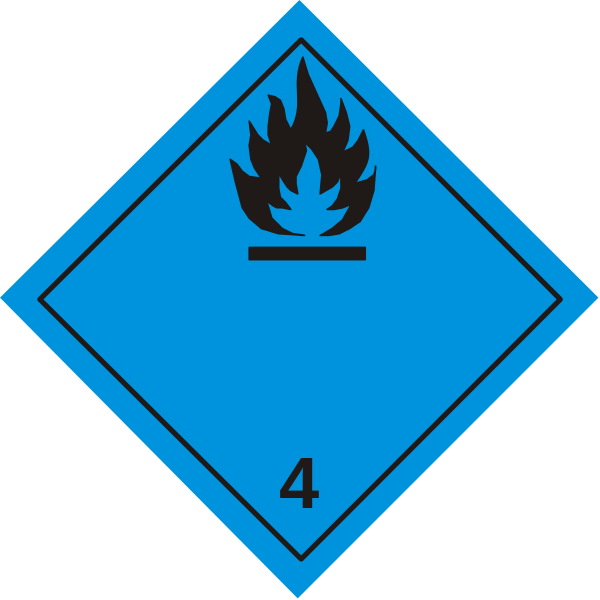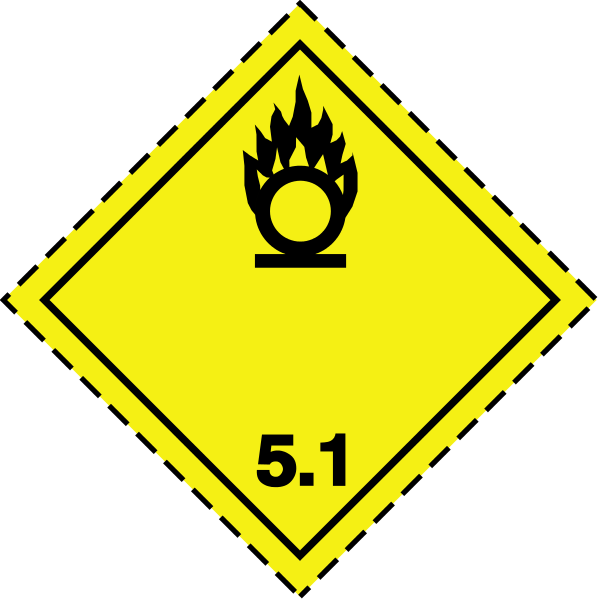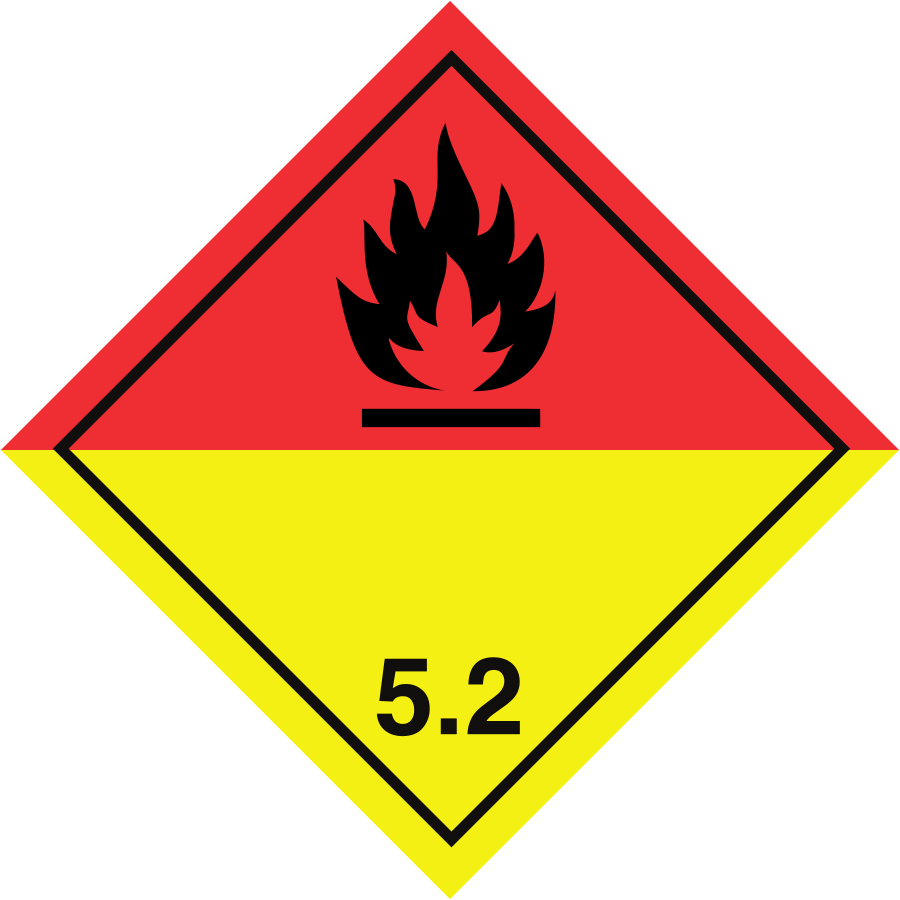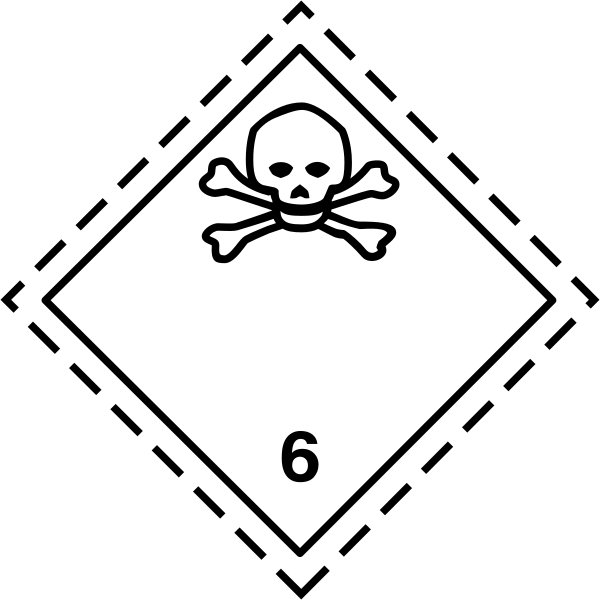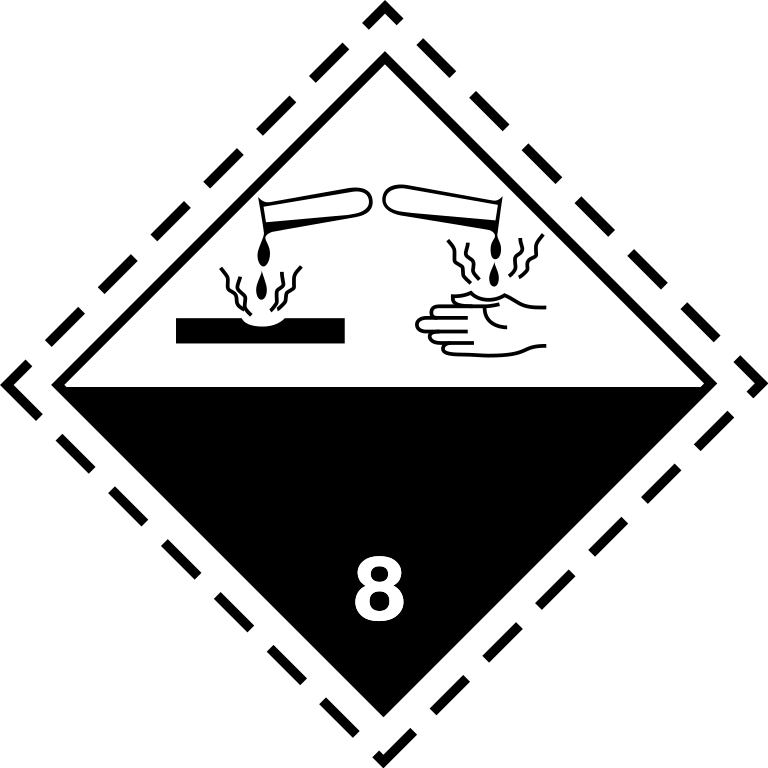
Complete Waste & Hazardous Waste Management Solutions
At Rubo, we provide end-to-end waste management services, including assessment, collection, and disposal. Our team is dedicated to making waste management simple and efficient, focusing on reliable service and sustainable practices.
Contact Us Today to discuss your waste and hazardous waste management needs. Compliance and responsible waste handling are our top priorities.
Waste & Hazardous Waste Management
At Rubo, we provide complete waste management services, from assessment and collection to final disposal. Our friendly, expert team is dedicated to making waste management easy, with a focus on reliable service, compliance, and sustainable practices.
Understanding Waste vs. Hazardous Waste
Knowing the difference between hazardous and non-hazardous waste is crucial. We're here to guide you through these distinctions, ensuring your waste is managed safely and in line with regulations.
Why Choose Rubo for Hazardous Waste Management?
Rubo is your trusted partner for hazardous waste disposal. We handle everything, including collection, transport, and disposal, ensuring compliance every step of the way.
What Is Waste?
According to EU Directive 2008/98/EC, waste refers to any material that must be discarded, whether for recovery, recycling, or disposal. Materials are considered waste if they:
Are mixed with other waste, contaminating the whole batch.
Are discarded illegally.
Must be legally disposed of.
Are unwanted, expired, or damaged.
Once a material is classified as waste, it must comply with all relevant laws and regulations.
What Is Hazardous Waste?
Hazardous waste is more harmful to health and the environment than non-hazardous waste. Examples include asbestos, chemicals, batteries, solvents, oils, and pesticides. Stricter rules apply to hazardous waste, covering storage, transport, and disposal.
Hazardous waste must be classified according to its hazardous properties, or HP Codes. These include:
HP1: Explosive
HP2: Oxidizing
HP3: Flammable
HP4: Irritant
HP5: Specific Target Organ Toxicity/Aspiration Toxicity
HP6: Acute Toxicity
HP7: Carcinogenic
HP8: Corrosive
HP9: Infectious
HP10: Toxic for Reproduction
HP11: Mutagenic
HP12: Releases toxic gases when in contact with water, air, or acids
HP13: Sensitising
HP14: Ecotoxic
HP15: Capable of showing hazardous properties not directly displayed by the waste itself
All hazardous waste is assessed using the Environment Agency’s WM3 Technical Guidance. You’ll need a Hazardous Waste Consignment Note for transport, and the waste must be handled by a registered carrier and disposed of at a licensed facility.
Ensuring Compliance with Rubo
Managing hazardous waste involves strict legal requirements, but Rubo makes it simple. Our team provides expert advice and ensures your waste is handled safely and in full compliance with the law.
